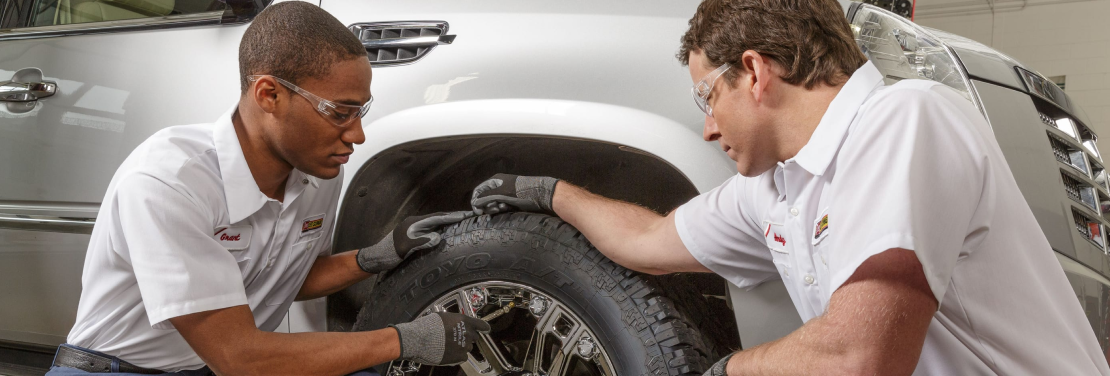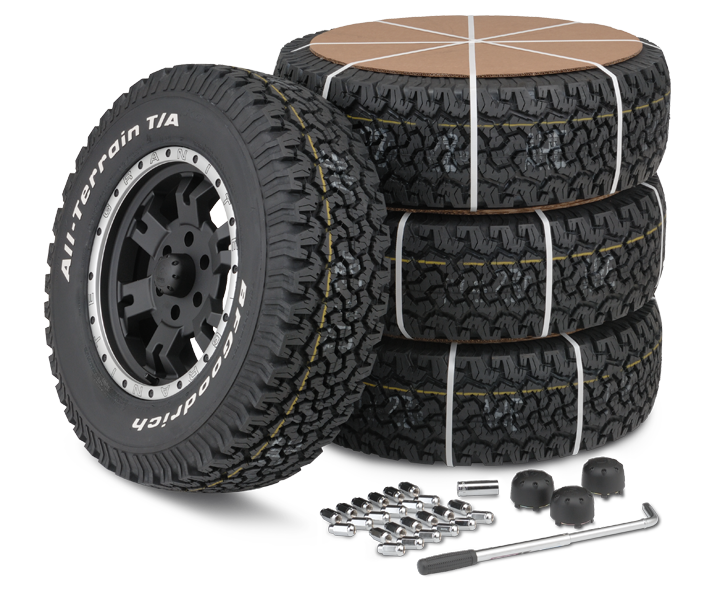Tire Service: Understanding Tire Stress Tracking Solutions
Understanding Tire Stress Monitoring Equipments (TPMS) is an essential facet of preserving ideal vehicle performance and safety when traveling. With advancements in automotive technology, TPMS has become a standard attribute in contemporary lorries, supplying real-time details on tire stress degrees. Digging deeper into the ins and outs of TPMS, one can discover the various parts that make up this system and the value of each in ensuring exact monitoring. From direct to indirect TPMS systems, the landscape of tire pressure surveillance is diverse, each with its distinct collection of factors to consider and advantages. Stay tuned to decipher the complexities of TPMS, from maintenance ideas to the indisputable benefits of keeping your tires properly blew up. discount tires morris il.

Significance of TPMS
The value of Tire Stress Monitoring Equipments (TPMS) lies in their capability to boost automobile safety and performance via real-time tracking of tire stress degrees. Keeping the appropriate tire stress is vital for making certain ideal handling, braking, and general safety of a lorry. TPMS provides vehicle drivers with prompt feedback on any underinflated or overinflated tires, enabling prompt modifications to be made.
Components of TPMS
Sensors are usually situated in the tire shutoff stem or connected to the wheel assembly, where they measure tire pressure and send data to the control module. Some progressed TPMS versions likewise show the real tire stress analyses for each tire, providing chauffeurs with real-time information to guarantee ideal tire performance and safety. By keeping an eye on tire stress continuously, TPMS helps protect against accidents, minimizes tire wear, and improves gas efficiency, making it a critical element for lorry safety and performance. tires morris il.
Types of TPMS

On the other hand, indirect TPMS relies upon the lorry's wheel rate sensors to monitor tire pressure. This system detects underinflation by contrasting the rotational rates of the wheels. Indirect TPMS is much less expensive than direct TPMS, as it makes use of existing sensors within the car.
While direct TPMS provides extra exact analyses, indirect TPMS is simpler in layout and normally requires much less maintenance. Both systems have their advantages and constraints, and the option between them typically depends on variables such as price, vehicle make, and personal preference. Recognizing the differences between these two kinds of TPMS can assist car proprietors make educated decisions pertaining to tire maintenance and safety.
TPMS Maintenance Tips
Effective upkeep of TPMS is crucial for ensuring ideal efficiency and safety of your automobile. Routinely evaluating the TPMS sensing great post to read units for any kind of damages or deterioration is important. Make certain that the sensing units are tidy and totally free from debris that can interfere with their performance. Furthermore, it is advisable to inspect the sensor batteries occasionally and replace them as required to ensure exact analyses. Conduct routine checks on the tire stress degrees and contrast them with the TPMS analyses to ensure they are constant. Alter the system following the maker's standards if there are any inconsistencies. Throughout tire turning or substitute, make certain that the TPMS components are managed carefully to prevent any kind of possible damages. Finally, if the TPMS cautioning light brightens on the control panel, attend to the issue quickly by examining the tire stress and the general system for any type of mistakes. By adhering to these upkeep pointers, you can prolong the life expectancy of your TPMS and improve the security of your driving experience.
Advantages of Correct Tire Pressure
Maintaining correct tire stress, as stressed in TPMS Maintenance Tips, is vital for gaining the many advantages connected with ideal tire stress degrees. One of see it here the main advantages of keeping the right tire stress is improved fuel effectiveness. When tires are effectively inflated, there is less moving resistance, resulting in far better gas economic climate. In addition, correct tire pressure makes sure even tire wear, extending the lifespan of the tires and promoting more secure driving problems. With the right tire stress, lorries additionally have much better handling and grip, especially in unfavorable weather. This can boost total driving performance and safety and security for the chauffeur and guests. Furthermore, maintaining optimal tire pressure can contribute to a smoother and much more comfy adventure by minimizing vibrations and sound triggered by underinflated tires. Finally, the benefits of correct tire stress exceed simply tire longevity; they include boosted fuel performance, improved safety and security, much better automobile efficiency, and overall driving comfort.
Conclusion
To conclude, comprehending tire pressure tracking systems (TPMS) is crucial for keeping optimal tire pressure and making sure lorry safety and security. By recognizing the importance of TPMS, being acquainted with its elements, knowing the different types readily available, adhering to proper upkeep tips, and recognizing the advantages of keeping proper tire pressure, vehicle drivers can enhance their driving experience and extend the life-span of their tires. Correct tire pressure is key to risk-free and effective automobile procedure.
